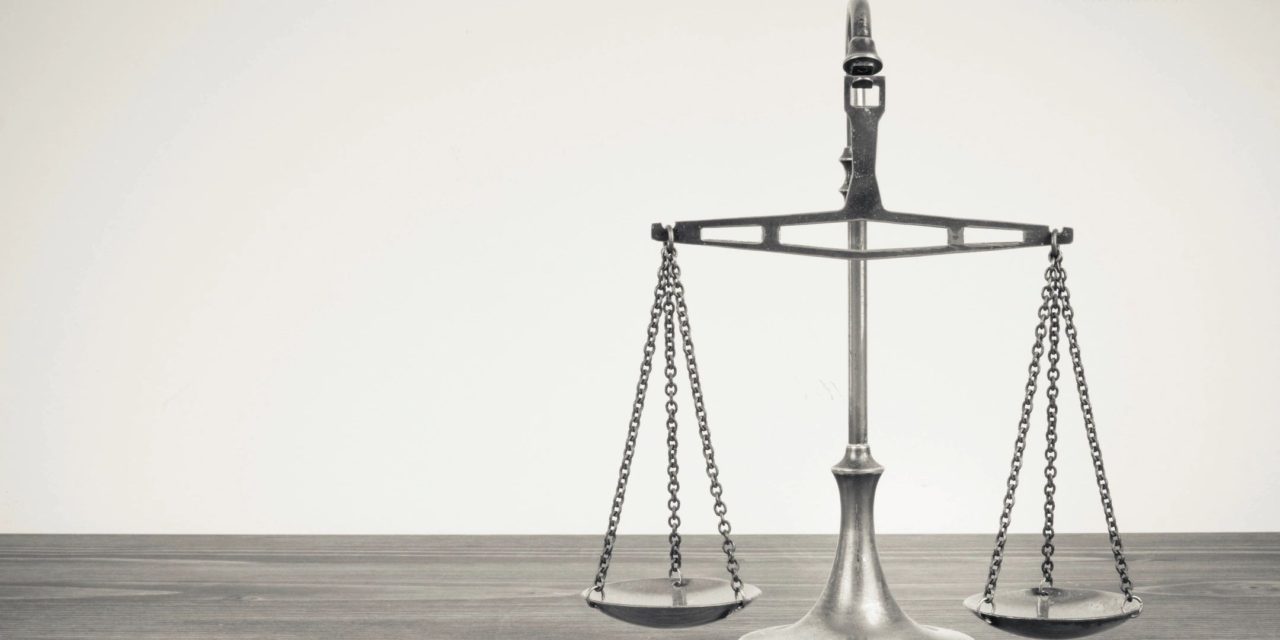In 2018, I wrote a blog titled, “When Truth Isn’t Truth.” It was about the former president’s former lawyer. This blog bears resemblance because sometimes trials are not trials. For example, that same former president was twice tried not by his peers but by his party. He didn’t go on trial; he went to Mar-a-Largo.
In law words are important. In politics words are malleable, used humpty-dumpty depending on the politics of winning and holding office after you lost, and no longer hold office. This is Impeachment with a capital “I” but trial without a trial.
My people (lawyers) think a trial is a judicial examination, under law of the land, of a cause, either civil or criminal, of the issues between the parties, whether of law or fact, before a court with jurisdiction over it.[1] It has many synonyms; affliction, agony, anguish, conatus, contest, hearing, inquiry, ordeal, pain, struggle, woe, test, and my personal favorite, trial by combat. That phrase—trial by combat—stirred a rowdy crowd—and besmirched a country. It was used by the same personage that prompted the “When Truth Isn’t Truth” 2018 blog. He might be under investigation and/or at Mar-a-Lago.
The naked word “trial” unadorned by suitable clothing or qualifiers is frequently used with another word to express what happens (trial and error, trial period, inquest before trial, tribunal, trial to the bench, jury trial, trier of fact, and the ever-useful trilemma[2]). Trials have their own state of being—we call it triable. That happens when a court of law is capable of adjudicating issues, offenses, and cases.
The prompt for this blog was a political and theoretical event in the nation’s capital on February 9, 2021. The curtain dropped five days later on February 13, 2021. The audience did not clap but there was a standing ovation in Mar-a-Lago. The U.S. Senate loosely called the event a “trial” following the second impeachment of the previously mentioned former president. It bore little resemblance to a trial, as hereinabove defined. It was not civil, criminal, or just, but it was watched and rated by millions with nothing to gain, little to lose and enlivened by showy lawyers freed of the usual bounds imposed by real courts and actual justice. It was the political version of reality TV.
It was not held in a court. It was non-tried in the Senate chambers. For lawyers, it was painful to watch. For science it was sad. For the future, it was predictable. And the result was consistent with every other impeachment in the last 216 years. However, there is vaccine for it—election. As if they wanted to imply it was a trial, one juror assumed the mantle of judge over the non-trial.
The singularly most important fact about this non-trial is that the law of the land was again debated. Impeachment of federal officers calls for a gathering of senators under Article 1, Section 2 of the U.S. Constitution. It gives the sole power of impeachment to the U.S. House of Representatives. It grants the sole power to try all Impeachments to the U.S. Senate.
In every real trial, there are sides. One side facing off against the other side. That facing-off happened in the February 2021 former president’s non-trial. The sides were democrats against republicans. Their endgame was to make history politically convenient, lest they lose power. Both sides faced the same risk. If the non-president subject of the non-trial lost he would retaliate. Primary elections were at risk. If the non-president subject won, he might not primary the loyalists. Across the aisle, they faced frowns for losing but Atta Boys for giving it the old Electoral College try.
This non-trial has ethical norms and moral obligations. They should have evaluated the evidence for and against conviction with an open mind. They should have voted based on the evidence, not on re-election odds. They should have debated the issues based on fact not hope. It’s fair to say no one in the Senate chamber wanted to be there. It’s ethical to say they owed an allegiance to the rule of law even if it was politically inconvenient.

I am an author and a part-time lawyer with a focus on ethics and professional discipline. I teach creative writing and ethics to law students at Arizona State University. Read my bio.
If you have an important story you want told, you can commission me to write it for you. Learn how.
[1] Henry Campbell Black, M.A., Black’s Law Dictionary—Definitions of the Terms and Phrases of American and English Jurisprudence, Ancient and Modern. Fourth Edition, West Publishing Co., St. Paul, Minn. 1951 at page 1675.
[2] “Trilemma is morphological deformity, i.e. to be avoided; it is just as bad as triphibian. It’s what comes after dilemma.” Bryan A. Garner, A Dictionary of Modern Legal Usage. Oxford University Press, New York, New York, 1987 at page 552






 I am an author and a part-time lawyer with a focus on ethics and professional discipline. I teach creative writing and ethics to law students at Arizona State University.
I am an author and a part-time lawyer with a focus on ethics and professional discipline. I teach creative writing and ethics to law students at Arizona State University.  My latest novel is Hide & Be.
My latest novel is Hide & Be.  If you have an important story you want told, you can commission me to write it for you.
If you have an important story you want told, you can commission me to write it for you.